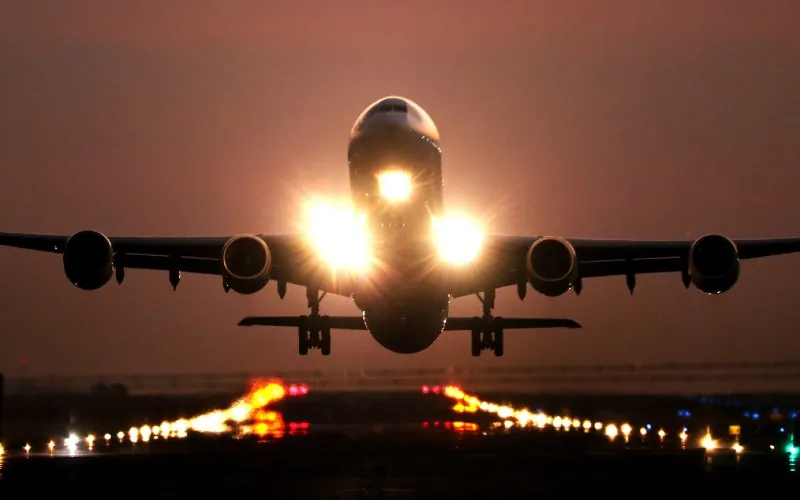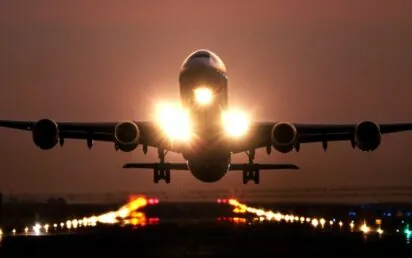A proposed $7.3 billion merger between two satellite communication companies has raised competition concerns.
An initial investigation by the UK’s Competition and Markets Authority found that the deal between Viasat and Inmarsat could lead to airlines facing higher prices for on-board Wi-Fi – and a lower-quality product – as that market develops.
The CMA said the deal – announced in November 2021 – would remove key competitors from the market.
“The investigation… found that Viasat and Inmarsat compete closely in the aviation sector, particularly for the supply of onboard Wi-Fi for passenger use,” the CMA stated.
“While only some airlines currently offer in-flight connectivity, the availability of these services is expected to grow significantly in coming years.
“The deal brings together two of the strongest suppliers in a market with few other established players. Although new players, such as Starlink, OneWeb, and Telesat, are seeking to target the aviation sector, this is one of the most difficult industries for satellite operators to enter, and the CMA’s initial investigation has found that there is significant uncertainty about when – if at all – these suppliers would be in a position to compete effectively with Viasat and Inmarsat.
“The CMA’s investigation also found that it can be very difficult for airlines to switch providers once they have installed a connectivity solution. The CMA is therefore concerned that the merged company could effectively lock in a large part of the customer base before emerging suppliers are able to compete.”
Colin Raftery, CMA senior director, said: “This is an evolving market, but the merging companies are currently two of the key players – and it remains uncertain whether the next generation of satellite operators will be able to compete against them effectively.
“Ultimately, airlines could be faced with a worse deal because of this merger, which could have knock-on effects for UK consumers as in-flight connectivity becomes more widespread.”
The firms now have five working days to submit proposals to address the CMA’s competition concerns. The CMA then has a further five working days to consider whether to accept any offer instead of referring the case for an in-depth Phase 2 investigation.


